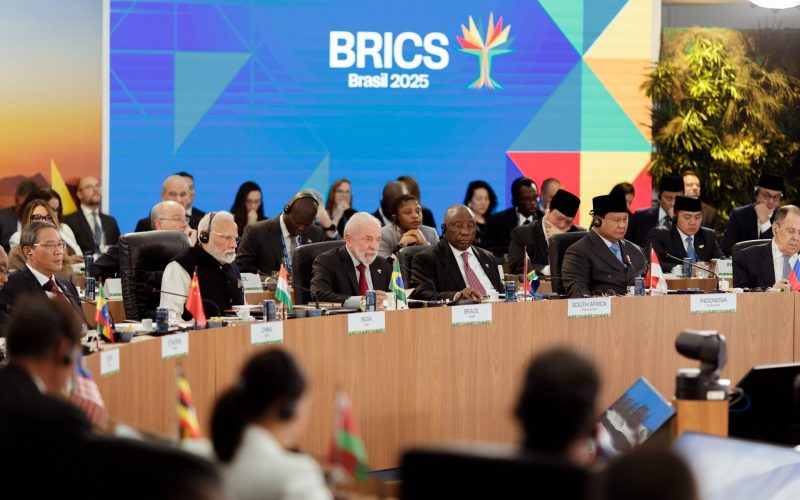Despite the slight decline recorded recently, food prices are still too high when compared to the level in the past three decades, and nearly 100 million people in the world’s poorest countries are still seeking food assistance and adequate nutrition, and are unable to afford food available in the market. The immediate victims of this global food crisis are net food-importing developing countries, which can scarcely afford their rising import bills that result from the rise in world food prices.
Designated as a ‘development round’, the current Doha Round of trade negotiations was launched to address the various needs and interests of developing countries, including the serious food insecurity problem prevalent in most of these countries. While the food security concerns of net food-importing developing countries were to a certain extent recognised in previous rounds of trade negotiations, a lot more is expected from the Doha Round, which is still in progress.
After identifying the link between agricultural trade policies and food security, this paper examines how and to what extent a Doha Round agricultural trade reform will positively and/or negatively affect the food security concerns of net food-importing developing countries.
SAIIA sincerely thanks those who acted as peer reviewers for this paper.








